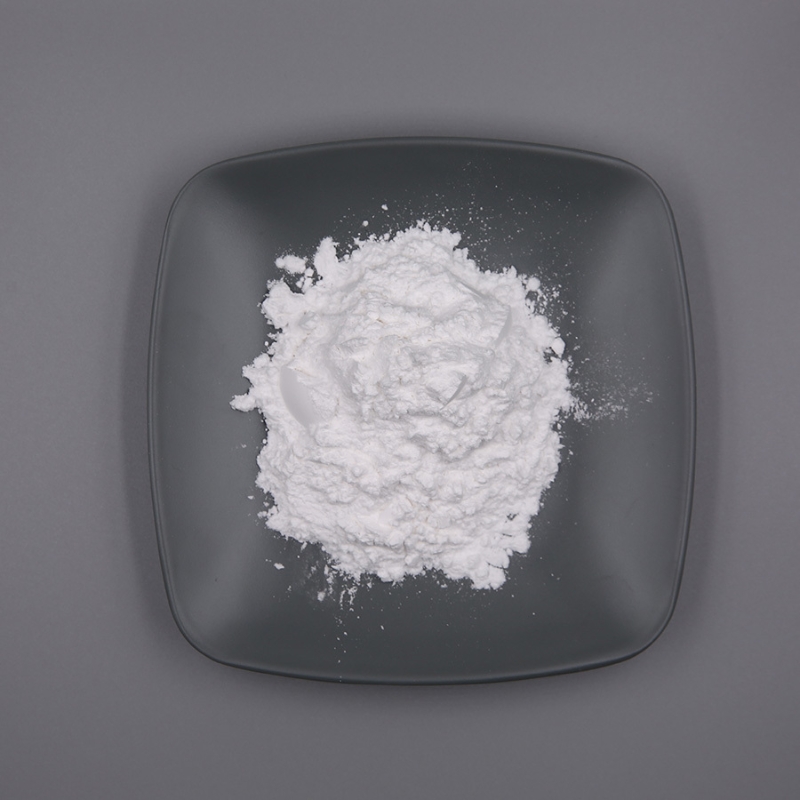-
Categories
-
Pharmaceutical Intermediates
-
Active Pharmaceutical Ingredients
-
Food Additives
- Industrial Coatings
- Agrochemicals
- Dyes and Pigments
- Surfactant
- Flavors and Fragrances
- Chemical Reagents
- Catalyst and Auxiliary
- Natural Products
- Inorganic Chemistry
-
Organic Chemistry
-
Biochemical Engineering
- Analytical Chemistry
-
Cosmetic Ingredient
- Water Treatment Chemical
-
Pharmaceutical Intermediates
Promotion
ECHEMI Mall
Wholesale
Weekly Price
Exhibition
News
-
Trade Service
January 2, 2021 /--- in some cases, immune cells in the lungs can worsen virus attacks.
a new study, researchers from Sweden's Karolinska Institute describe how different types of immune cells called macrophages are produced in the lungs and which of them can cause serious lung disease.
these findings may help in the future treatment of diseases such as COVID-19.
results were published online December 30, 2020 in the journal Immunity under the title "Distinct developmental pathways from blood monocytes generate human lung macrophage diversity."
images from Immunity, 2020, doi:10.1016/j.immuni.2020.12.003.
structure of the lungs exposes them to viruses and bacteria in the air and blood.
as an immune cell, macrophages protect the lungs from such attacks.
, but under certain conditions, macrophages can also cause serious lung diseases such as chronic obstructive pulmonary disease (COPD) and COVID-19.
so far, there has been limited research into the production of macrophages in the human lungs.
macrophages can be developed from monocytes of different origins and can be divided into genetically different main types.
in humans, there are two main monocytes: "classic" CD14 plus monocytes and "non-classical" CD16 plus monocytes.
the new study, the researchers used a model to study the production of macrophages in the lungs directly in the living lungs.
this, combined with RNA sequencing---, a method of studying gene activity in individual cells, has revealed how monocytes in the blood become macrophages in the human lungs.
"In our study, we found that classic CD14-plus monocytes migrate to trachea and lung tissue and are transformed into macrophages that protect lung health and function," said Tim Willinger, co-author of the paper and an associate professor in the Department of Medicine at karolinska College.
we also found a special type of single-nucleocyte, CD14-HLA-DRhi monocytes, which are intermediate immune cells between blood monocytes and gas-channel macrophages.
these CD14-HLA-DRhi monocytes can leave the blood circulation and migrate to lung tissue.
, however, non-classical CD16-plus monocytes develop into macrophages in many blood vessels in the lungs and do not migrate to lung tissue.
of macrophages in the lungs are likely to be associated with some serious lung diseases," said Elza Evren, lead author of the paper and a doctoral student at willinger Labs.
, for example, in respiratory infections, monocytes in the lungs develop into macrophages that fight viruses and bacteria.
, however, certain types of macrophages can also promote severe inflammation and infection.
" in the case of infection with SARS-CoV-2, the new coronavirus that causes COVID-19, the researchers believe that protective, anti-inflammatory macrophages are replaced by inflammatory lung macrophages from blood monocytes.
The presence of macrophages derived from these blood monocytes has been shown in other studies to be related to the severity of the disease and the extent of lung damage in patients with COVID-19," willinger said.
CD14-HLA-DRhi monocytes are also found in the blood of patients with severe COVID-19, possibly because they move from the blood into the lungs.
Given their important role in rapid inflammatory response, our results suggest that future treatments should focus on inflammatory macrophages and monocytes to reduce lung damage and mortality in patients with severe COVID-19.
" (Bioon.com) Reference: 1. Elza Evren et al. Distinct developmental pathways from blood monocytes generate human lung macrophage diversity. Immunity, 2020, doi:10.1016/j.immuni.2020.12.003.2.New research may explain severe virus attacks on the lungs







